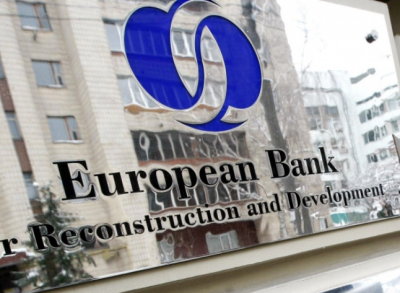The EBRD and the Black Sea Trade and Development Bank (BSTDB) are contributing to Ukraine’s objective of bringing the share of renewables in the country’s total electricity consumption to 25 per cent by 2035 with the provision of €36 million in funding for three new solar plants in southern Ukraine.
The loans by the two financial institutions will help construct and put into operation solar power plants with a total installed capacity of 47 MW. Once in operation, the plants will improve Ukraine’s energy supply mix and contribute to the country’s energy security.
The investment project will be implemented by Rengy Solar BV, co-owned by the Norwegian solar developer Scatec Solar ASA and by Rengy Development Group, a well-established local renewables developer.
Both companies have previously carried out similar projects with the EBRD but the new project marks the entry of Scatec Solar into Ukraine’s renewable market. This illustrates that the cooperation between the EBRD and BSTDB can bring benefits to the renewables sector in countries where both institutions operate.
For the EBRD, the project in the Mykolaiv region of Ukraine will also be the first under the Bank’s recently approved €250 million Ukraine Sustainable Energy Lending Facility III (USELF III) framework. USELF III builds on two previous sustainable-energy lending programmes co-financed by the EBRD and the Clean Technology Fund, which together yielded 13 renewable energy projects in Ukraine with an aggregate installed capacity of 151 MW.
The EBRD is the largest international financial investor in Ukraine. To date, the Bank has made a cumulative commitment of almost €12.1 billion across some 400 projects since it started operating in the country in 1993. Almost €1 billion of that total was channelled into the implementation of 23 projects in Ukraine’s power sector.
BSTDB’s cumulative portfolio in the Black Sea region includes 365 approved operations in the key sectors of infrastructure, energy, transport, manufacturing, telecommunications, finance and other areas, totalling about €5 billion.




